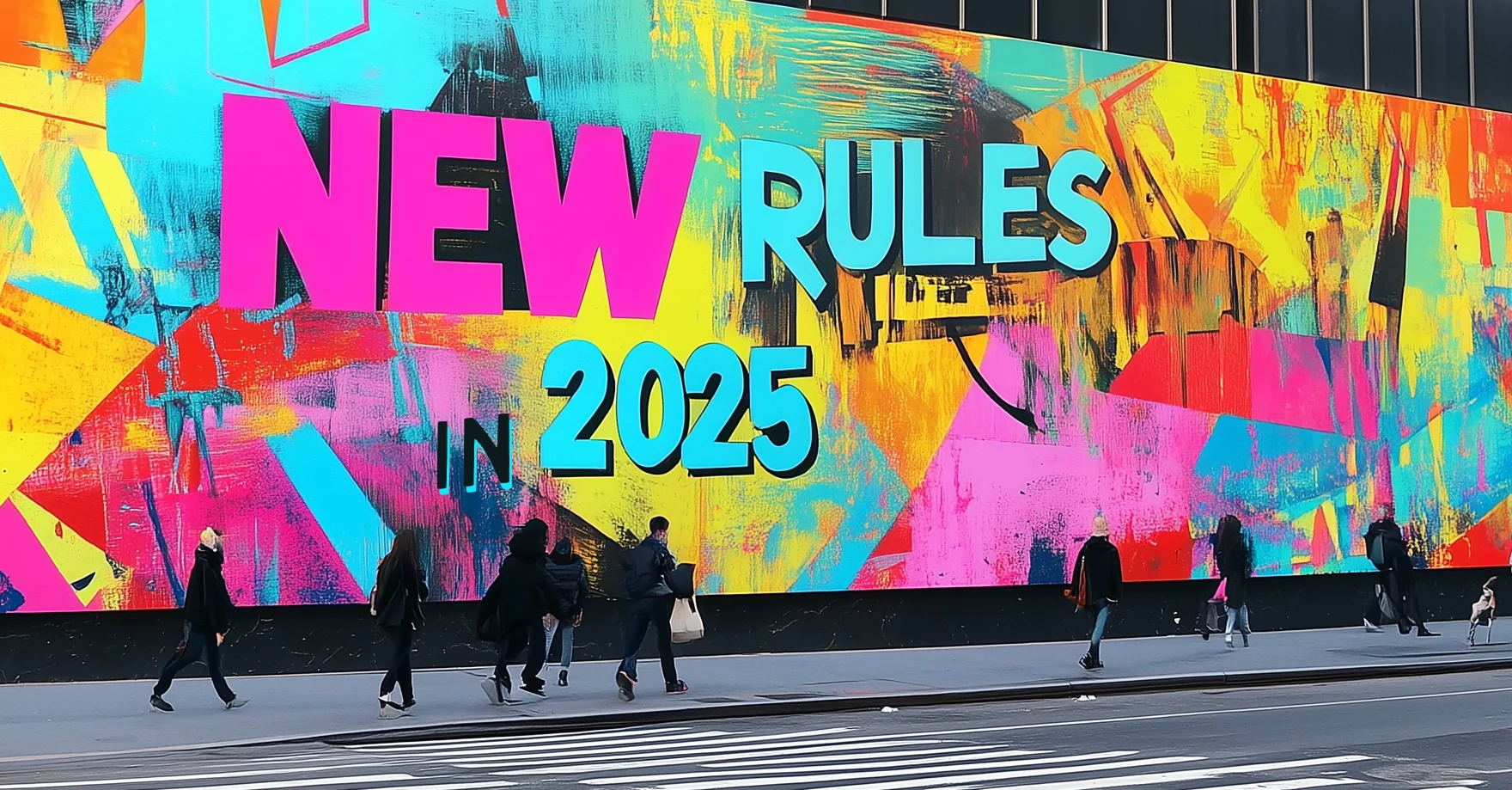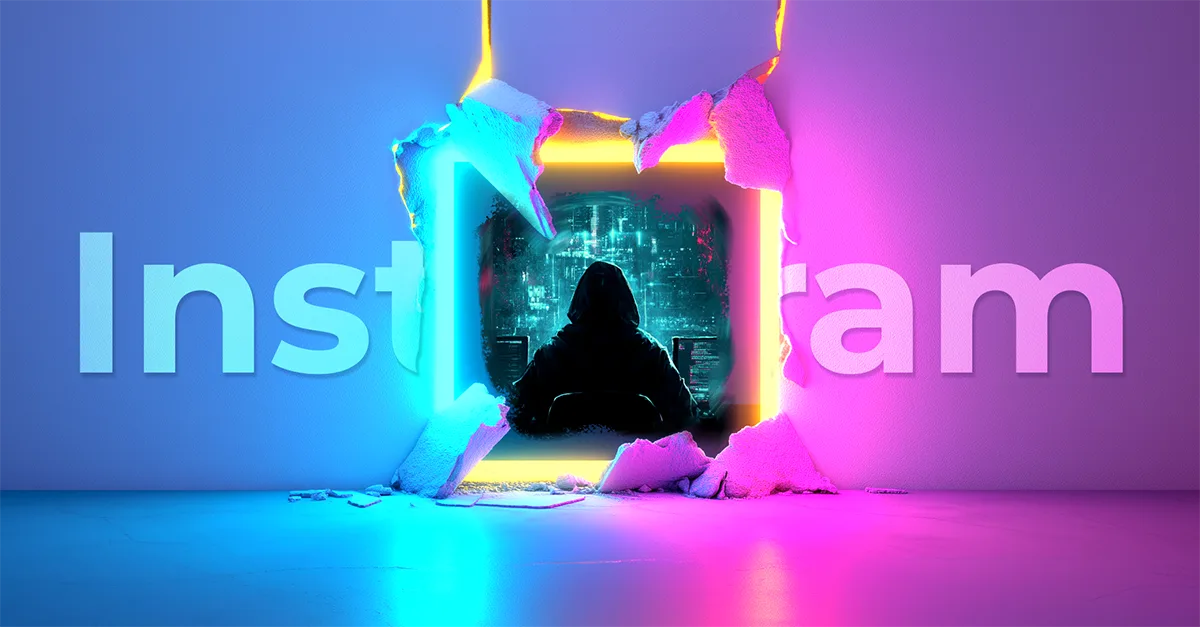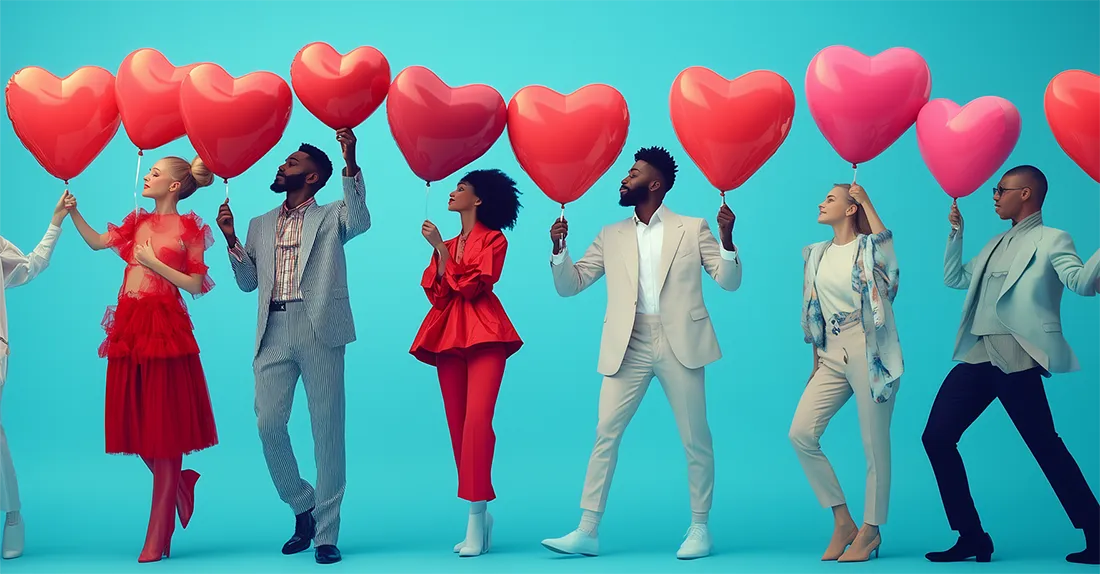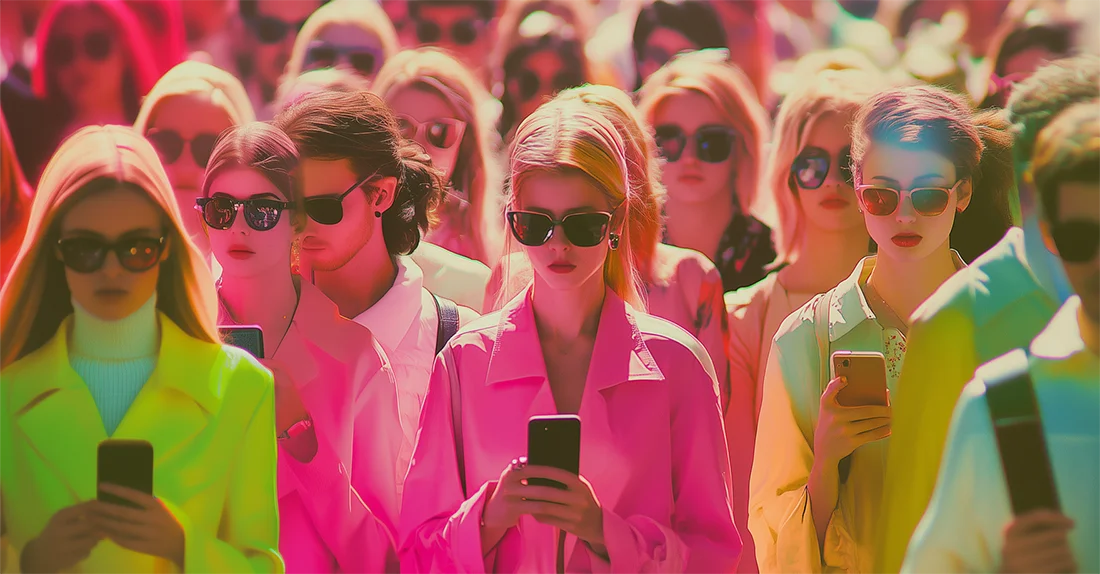Living with New Instagram Rules in 2025: A Rulebook

In fact, these changes will affect not only Instagram but other Meta platforms as well – Facebook and WhatsApp. A unified set of stricter rules has been created for all of them. Overall, these measures are aimed at combating aggressive, unfair audience attraction – hopefully, this doesn't apply to you. But fear not – below we'll examine what's now prohibited and how to avoid getting your account blocked.

1. Content bait is now banned
Content bait refers to publications that provoke user interaction by saying things like "share," "leave a comment," "like," "register," "download," "forward to friends," etc. Such content is considered unnatural. It exists solely to make people perform specific actions. These publications either artificially inflate activity, increase engagement and reach, or force users to leave the platform (click on links). Instagram doesn't want this in feeds.
In other words, writing "Leave a comment under this post, and I'll send you the rest of the joke" is not allowed. However, "Write your favorite joke in the comments" is fine.
2. Contests and giveaways are banned
This is a specific variant of the previous point. Even using these words can now lead to problems. It refers to when you promise to give away a prize or send a gift in exchange for specific actions such as likes, subscriptions, or comments.
Therefore, writing "Whoever leaves the best comment will get a smartphone as a gift" is not allowed. These posts will be deleted or blocked. So, you need to act naturally. For example, if you're a popular photographer asking followers to send links to their own winter landscape photos to choose the best ones, that's appropriate and useful.
3. Automated services are now on the radar
Business accounts have the ability to use services provided by third-party developers. These can be used to create chatbots to automate conversations in Direct Messages. This is especially useful for those with lots of followers and messages – it greatly simplifies account management.
For example, you wouldn’t need to spend so much time answering frequently asked questions that followers write to you in DMs). Or, a bot can send your guitar lesson compilations to followers who send you a keyword emoji - it’s a simple improvement in streamlining.
Further, if you've reached this level of account growth, it's recommended to use services officially approved by Meta. Messages should be personalized , providing useful, interesting, valuable information for specific sectors of your audience. For housewives, for example, your original recipes would be suitable. For pet lovers, you might provide pet care tips.
The rule here is extremely simple: no spamming! You shouldn’t mass-send identical messages in Instagram messenger or leave generic, low-value comments.

4. Repeated content is banned
This point also relates to fighting spam. However, it concerns publications rather than message sending. For instance, you've probably seen the same video posted by different accounts. Or conversely – the same video repeated several times by the same account. These cases are now prohibited by the new rules. Republished content is considered non-original and inauthentic. "Parasitizing" on popular "meme" videos by simply re-uploading them won't work anymore.
If you still want to join a trend, though, viral videos must be reimagined. For example, add different music, create new captions, or remake the plot. If you want to repost your own content, it's also recommended to re-edit it. However, what changes will be sufficient to achieve originality is not yet known. Future practice will show this.
5. Artificial intelligence labeling
AI Marking is straightforward. Everything created using neural networks must be appropriately labeled in notes, descriptions, video text, etc. It doesn't matter whether you're generating images from scratch or modifying existing pictures and videos.

6. Health-related content has guidelines
Health-related content now requires extreme caution. This primarily concerns any guarantees of improvement (i.e. "you will definitely lose weight,” "you will become slim," "you'll get rid of pain," "your pimples will disappear," etc.) – these kinds of claims are strictly prohibited. Note: this applies to both common diseases and aesthetic medicine like peels, massages, care procedures; cosmetology; and physical fitness. So, account holders should think twice before promising weight loss in a month using their exercise system. These posts, which make unsubstantiated claims like "Eat X three times a day and get rid of kidney stones" are forbidden and will be banned.
You also can't promote questionable or non-traditional treatment methods. This includes areas such as "magic," "amulets." "miracle stones," "potions," "spells," and "rituals." But that's not all. The "red zone" also includes promoting the use of various dietary supplements and unofficially approved preparations.
It's not yet clear how all these restrictions will work in practice. But obviously, the sphere of miracle healing methods, body therapy, and enlightenment will change significantly on Instagram.
7. Content license rules
Instagram’s content license rules are essentially being aligned with other similar platforms and social networks. Instagram reserves the right to use, store, and transfer your published content to other users. This means other users can share your posts and save them. Therefore, evaluate your content in terms of quality – and only publish what you're willing to make publicly available.

8. Financial niche content regulations
Financial niche content is taken very seriously by Meta administration. In short, any publications promising profit are prohibited, especially if they promise quick and risk-free returns. A call to "Invest a dollar now and get 100 in a week" will guarantee restrictions on your account.
Therefore, if you use words like "earnings," "money," "investments," "finance," "credits," or "debts,” for example, you need to be extremely careful.
Don't promise debt restructuring or elimination, offer profitable investments, or give guarantees of quick earnings. The system will interpret this as a high risk of fraud.
Moreover, network programs (attracting other users through referral links) and any fundraising are explicitly prohibited.
9. Prohibition on recovering banned accounts
Recovering banned accounts, as well as unblocking/hacking blocked accounts, are no longer allowed according to the terms of use. For example, someone might want to use "hacking" methods to restore their page or gain access to download their materials, videos, and photos. The terms state, "You cannot take any actions or attempt to bypass, cancel, or override any technological measures that control or restrict access to the service or data.". Violating this rule may result in permanent blocking without the right to recovery.
Potential consequences of violating new rules
Consequences for violations can include a full range of penalties like complete account blocking or blocking and deletion of individual posts. You could even get shadow banned, where you won't appear in recommendations to other users and your visibility will significantly decrease.
What to do?
Experts recommend what's legally called a disclaimer. If your page's topic belongs to one of the above-mentioned risky niches, you should include a special note with each post, reel, and story. You might write something along the lines of: "This message is purely for informational and entertainment purposes." Or, you might note, "This message represents the author's personal opinion and is not a call to purchase services," or, "This is not a recommendation.”
Let’s say you’re making content about a dietary supplement. You can add this footnote: "This message is not a recommendation for using the product. Please consult a doctor before use." There can be many variations. In reels, you can even say it out loud: "This is not an instruction for use, but the author's personal opinion." It’s similar to what you hear in regular TV or radio advertisements.
Let's summarize how to adhere to Instagram rules starting January 1, 2025:
- First. Never use direct calls to action like "Subscribe," "Like," "Download," etc.
- Second. Avoid aggressive techniques. Don't say things like "last chance” or “today only" to get something.
- Third. Don't give gifts for specific targeted actions (likes, reposts, comments, etc.); the same applies to contests and giveaways.
- Fourth. Don't make any guarantees or promises. You should especially avoid using the word "free." Eliminate inflated expectations. You can only truly guarantee something if it can be written in a contract and definitely fulfilled.
- Fifth. Don't do any of the above in combination with asking users to leave the platform (i.e. click on links).
- Sixth. Don't use others' content, and don’t repeat content. It’s better to edit the video or create it anew.
- Seventh. Don't collect money for charity or organize other fundraising efforts.
- Eighth. Use disclaimers wherever possible.
How these new Instagram conditions will be applied remains to be seen in practice. However, following these described rules will help you continue toward successful development on this network.
 BY
BY  UPDATED ON
UPDATED ON 


